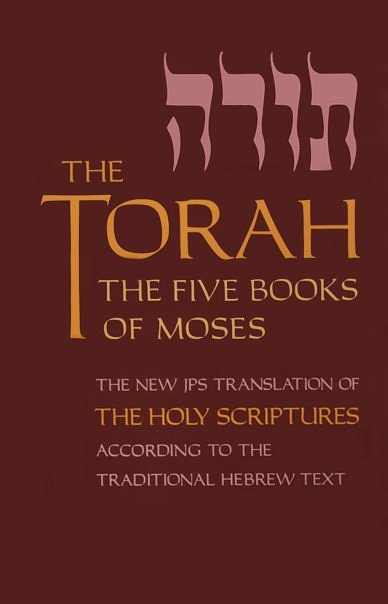Post Author: Bill Pratt
 In parts 1 and 2, we looked at a method of interpreting and applying the Law (first five books of the Bible) to Christians living today. Theologian J. Daniel Hays calls the method principlism and refers to five steps in the process. In this post, Hays will take us through an example of using the method.
In parts 1 and 2, we looked at a method of interpreting and applying the Law (first five books of the Bible) to Christians living today. Theologian J. Daniel Hays calls the method principlism and refers to five steps in the process. In this post, Hays will take us through an example of using the method.
Leviticus 5:2 provides an example of how the method of principlizing can be used by believers today to apply legal passages without being under the Law. The verse reads, “Or if a person touches anything ceremonially unclean–whether the carcasses of unclean wild animals or of unclean livestock or of unclean creatures that move along the ground–even though he is unaware of it, he has become unclean and is guilty.”
The action required to correct one’s ceremonially unclean status in this verse is described a few verses later. So verses 5-6 should also be included: “When anyone is guilty in any of these ways, he must confess in what way he has sinned and, as a penalty for the sin he has committed, he must bring to the LORD a female lamb or goat from the flock as a sin offering; and the priest shall make atonement for him for his sin.”
Using principlism, how should we interpret Lev. 5:2? Step 1:
What did the text mean to the initial audience? The context of Leviticus discusses how the Israelites were to live with the holy, awesome God who was dwelling in their midst. How were they to approach God? How should they deal with sin and unclean things in light of God’s presence among them? These verses are part of the literary context of 4:1-5:13 that deals with offerings necessary after unintentional sin. Leviticus 4 deals primarily with the leaders; Leviticus 5 focuses on regular people. Leviticus 5:2 informed the Israelites that if they touched any unclean thing (dead animals or unclean animals), they were defiled ceremonially. This was true even if they touched an unclean thing accidentally. Being unclean, they were unable to approach God and worship Him. To be purified (made clean), they were to confess their sin and bring the priest a lamb or a goat for a sacrifice (5:5-6). The priest would sacrifice the animal on their behalf and they would be clean again, able to approach and worship God.
Step 2:
What are the differences between the initial audience and believers today? Christians are not under the Old Covenant, and their sins are covered by the death of Christ. Also because they have direct access to God through Jesus Christ, they no longer need human priests as mediators.
Step 3:
What is the universal principle in this text? The central universal principle in these verses relates to the concept that God is holy. When He dwells among His people, His holiness demands that they keep separate from sin and unclean things. If they become unclean, they must be purified by a blood sacrifice. This principle takes into account the overall theology of Leviticus and the rest of Scripture. It is expressed in a form that is universally applicable to God’s people in both the Old Testament and the New Testament eras.
In part 4, we will finish up the interpretation of Lev. 5:2 using principlism.